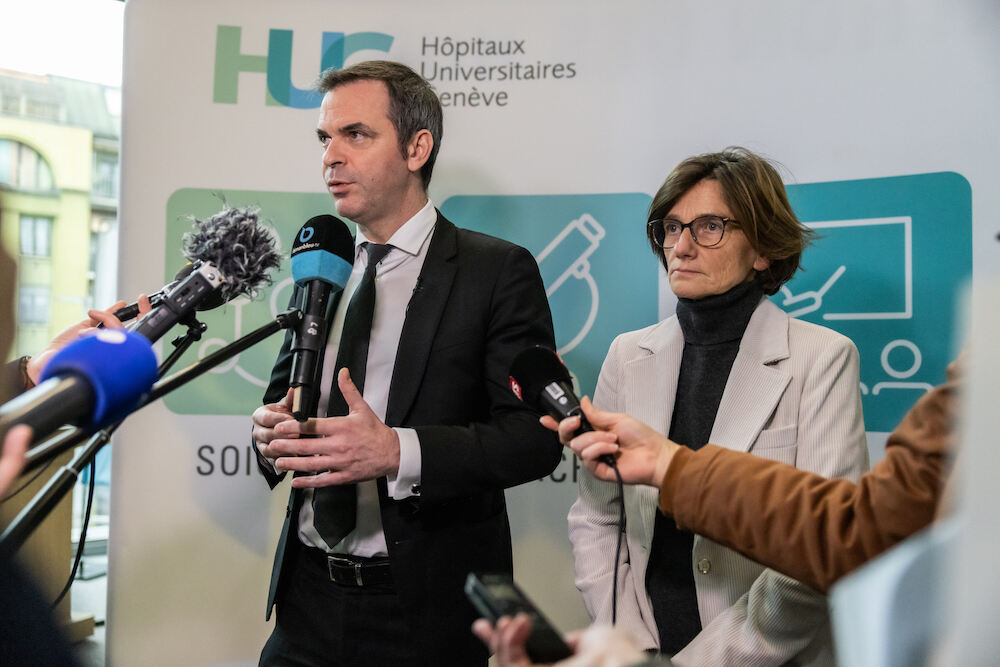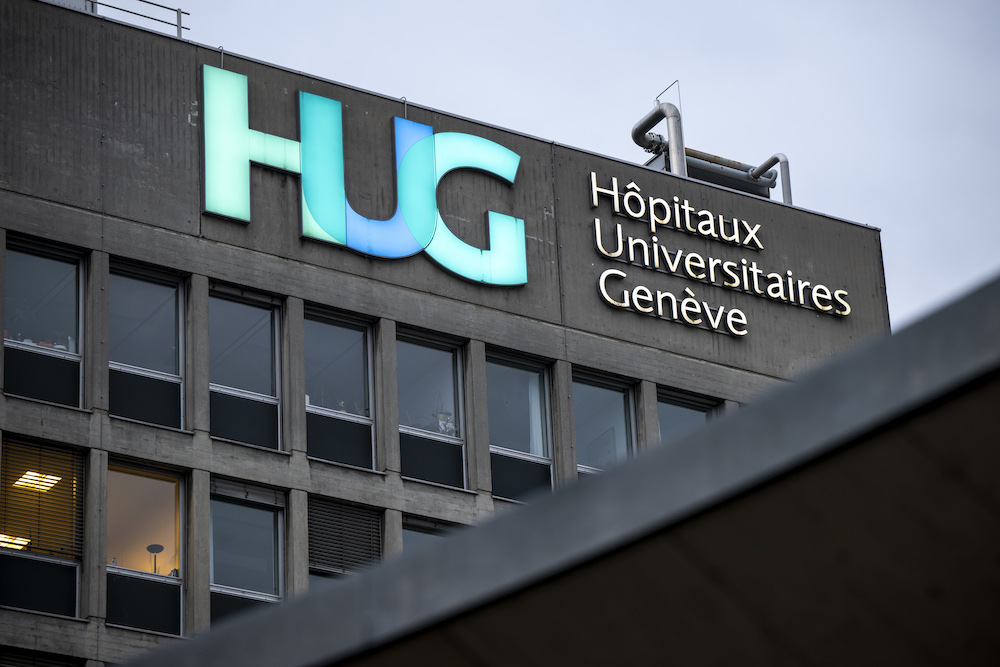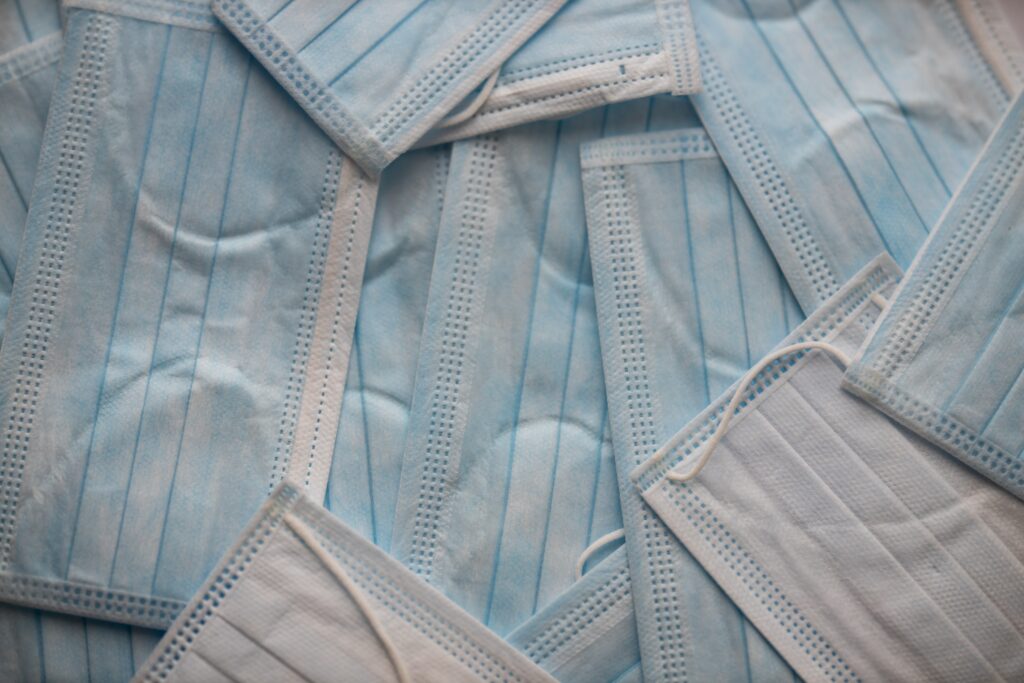Jue, Jul 20th 2023

Viruses are no longer detectable in a Geneva HIV patient after a bone marrow transplant to treat blood cancer. A study on this will be presented at the international HIV conference in Brisbane, which begins on Sunday.
Worldwide, only five people after a bone marrow transplant are considered likely to be cured of HIV infection, as the Geneva University Hospital (HUG) wrote in a media release on Thursday. In all of these cases, the transplant came from a donor with the rare CCR5 delta 32 gene mutation, which is known to make cells inherently resistant to HIV.
The special feature of the patient cared for at the HUG is that the transplant comes from a donor who does not carry the mutation. Despite this, the virus remains undetectable in him 20 months after the end of antiretroviral therapy.
So this sixth case brings unexpected insights that could lead to new discoveries. These findings will be presented on July 24 at the 26th International AIDS Society Congress in Brisbane. HUG collaborated with the Institut Pasteur, headquartered in Paris, on the study.

The patient has been living with HIV since the early 1990s and had been on antiretroviral therapy since then. To treat a particularly aggressive form of leukemia, he was treated with a stem cell transplant in 2018
A month after the transplant, tests showed that the patient’s blood cells had been completely replaced by the donor’s cells. These results were accompanied by a dramatic decrease in HIV-carrying cells.
Antiretroviral therapy was gradually reduced and finally discontinued in November 2021. The tests carried out since the treatment was stopped have not detected any virus particles, an activatable virus reservoir and no increased immune responses against the virus in the patient’s body.

These findings do not rule out that the virus still persists in the body, but they do allow the scientific team to consider the patient as a case of remission, i.e. the disappearance of HIV infection. “What happened to me is beautiful, magical, we look to the future with optimism,” the patient is quoted as saying in the media release.
“We are exploring new avenues with this unique situation in the hope that remission or even a cure for HIV will no longer be an extraordinary event,” explains Alexandra Calmy, Head of the HIV/AIDS Unit at HUG.
Asier Sáez-Cirión, head of the department for viral reservoirs and immune control at the Pasteur Institute, stated that the case was not transferrable on a large scale due to its peculiarity. However, it provides unexpected insights into the mechanisms for clearing and controlling viral reservoirs, which will be important for the development of curative HIV treatments.
Este artículo ha sido reproducido con permiso de Keystone SDA.
